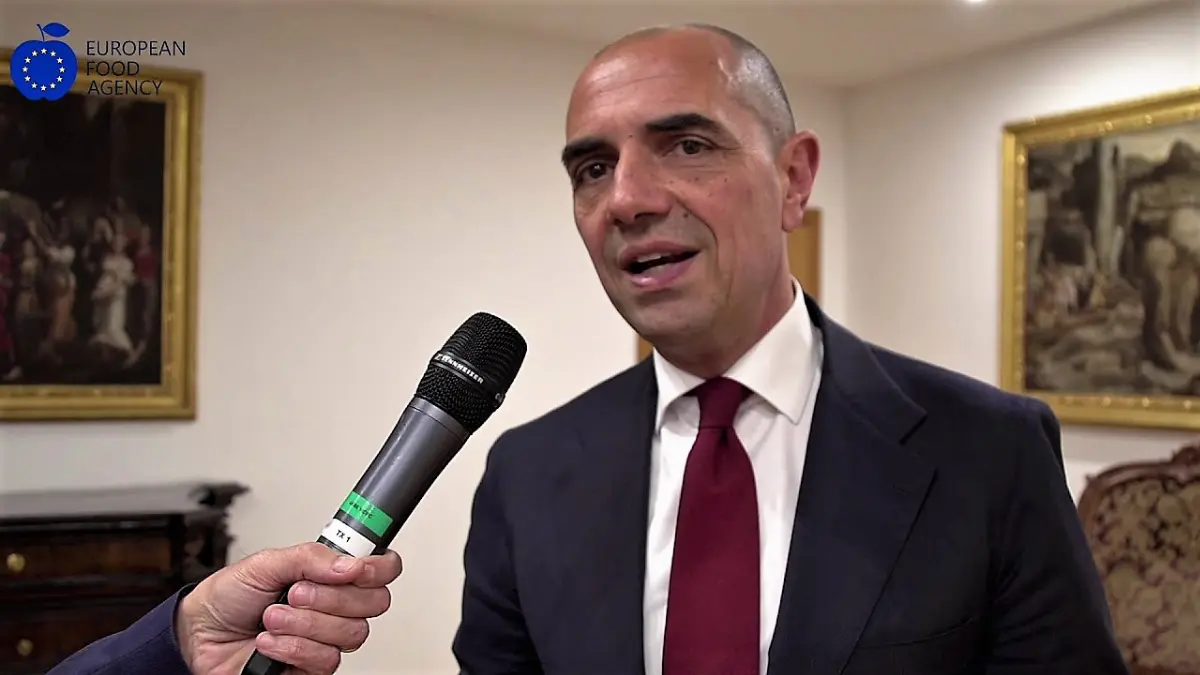
Do you want to access to this and other private contents?
Log in if you are a subscriber or click here to request service
Ukraine: Africa and Middle East dependent for grain up to 100%
Filiera Italia: “the consequences should not be underestimated. Europe sets the goal of producing more food"

"While the European Commission continues to take one step forward and one backward on the increase of agri-food production in the countries of the European Union, despite the clear invitation of the heads of state and government to increase the continent's self-sufficiency, a situation of tension in North Africa and the Middle East”, this is the position of Luigi Scordamaglia, managing director of t...
hef - 24039
EFA News - European Food Agency
EFA News - European Food Agency